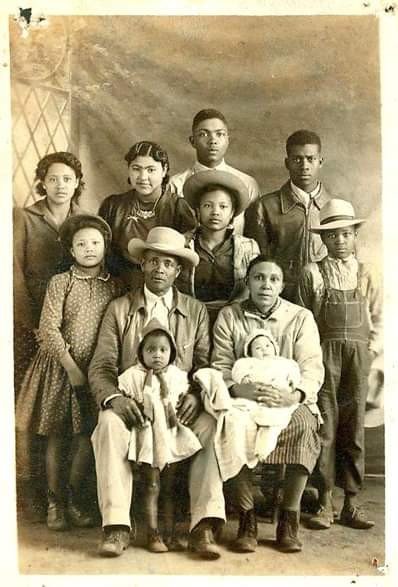-
• 1 month, 1 week ago
Creole people are a diverse ethnic group with roots that trace back to the colonial era, emerging primarily from the blending of West African, European, Indigenous, and, in some cases, Caribbean and other influences. This mixing occurred in various regions where European colonizers had established plantations, cities, and trading posts, especially in places such as Louisiana, the Caribbean, and parts of Latin America.
In Louisiana, Creole culture developed as a unique blend of French, Spanish, African, and Indigenous influences. French and Spanish settlers, who controlled Louisiana at different times, brought enslaved West Africans to work on plantations and in cities like New Orleans. This mixing of languages, traditions, and culinary practices led to the formation of a distinct Creole culture that thrives to this day, known for its rich food, music (like jazz), and vibrant festivals. Louisiana Creoles often speak a combination of English, French, and Louisiana Creole—a unique dialect that includes African and Native American words.
The Caribbean also has its own diverse Creole populations. In Haiti, for instance, Creole people speak Haitian Creole, a language that blends French with African languages, reflecting the complex history of the island’s colonization and the blending of cultures among African slaves and European settlers. Haitian Creole, along with traditional Vodou spirituality, Creole cuisine, and music, underscores the resilience and fusion of Haitian culture.
In many parts of Latin America, particularly in Brazil, Colombia, and Cuba, Creole identity similarly emerged as African, European, and Indigenous communities interacted and intermarried. The term “Creole” varies in meaning across these regions but often denotes a person of mixed descent, and a culture that fuses African, European, and Indigenous heritage.
Creole people and culture have left a lasting impact on language, cuisine, music, religion, and art around the world, creating dynamic, rich traditions that continue to evolve while honoring their multicultural origins.



















